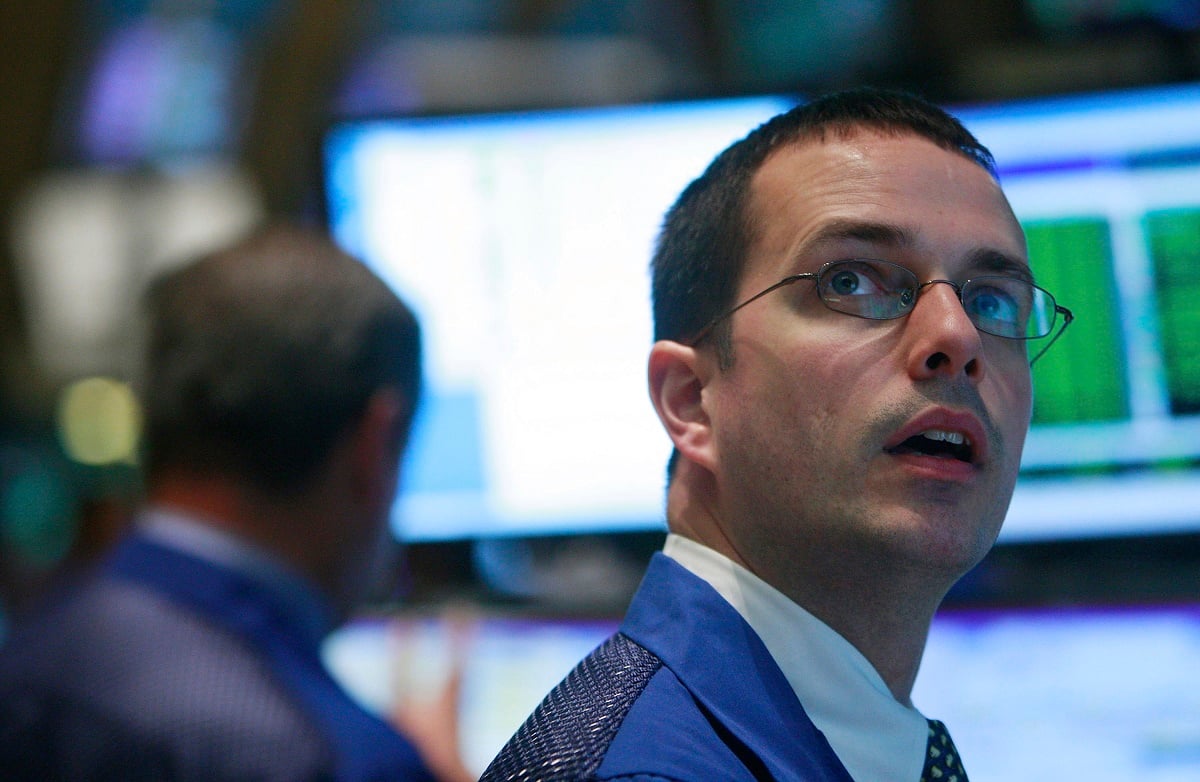The pendulum swung against the broad-based S&P 500 (^GSPC +0.03%) yet again today in spite of a lack of high-importance economic data.
On the bright side, the Mortgage Brokers Association announced that mortgage applications increased 5% last week, signaling potentially positive news for banks who generate loans and the homebuilders who rely on low lending rates to drive new home purchases.
However, the MBA's data wasn't nearly enough to save a market that has mounting concerns over how and when the Federal Reserve will begin paring back its monthly $85 billion bond-buying program; how Japan will reignite its economy; if China can reverse its trend of falling GDP growth; and whether Europe has any chance of demonstrating growth in the next couple of years with austerity measures now firmly in place across the region.
When all was said and done, the S&P 500 shed 13.61 points (-0.84%) to close at 1,612.52. Despite the negativity, three companies managed to decisively buck the downdraft and head higher.
Topping the list, by far, is natural gas assets company Spectra Energy (SE +0.00%). Spectra soared 11.1% after announcing plans to drop down its remaining U.S. storage and transmission assets to its master limited partnership, Spectra Energy Partners (SEP +0.00%), by the end of 2013. As outlined by Spectra Energy CEO Greg Ebel, the move will allow for bigger dividend payouts for Spectra Energy and Spectra Energy Partners shareholders. According to Ebel, Spectra Energy's target increase would move from $0.08 to $0.12 every year, while Spectra Energy Partners' distribution would increase by $0.01 each quarter instead of the current three-quarters of a penny. I'd say that certainly sounds like a win-win scenario for both parties.
Hewlett-Packard (HPQ 2.09%) shares advanced 2.8% following comments made by CEO Meg Whitman that HP could experience revenue growth in 2014, but that it would all depend on how the PC market responds. HP is still in the midst of a massive turnaround which involves shedding 29,000 jobs in order to trim more than $3 billion in annual expenses that I'd speculate isn't even halfway complete. With the PC market showing no signs of firming and HP already way off its lows, I wouldn't place too much stock in Whitman's optimism just yet.
Finally, medical device maker St. Jude Medical (STJ +0.00%) tacked on 1.9% following the approval of two new heart devices by the Food and Drug Administration. As noted by my Foolish colleague Dan Carroll, the FDA approved its Ellipse implantable cardioverter defibrillator and its Assura cardiac resynchronization therapy defibrillator. This is important news for St. Jude since its cardiac rhythm management segment actually delivered a decline of 6% in sales last quarter because of ongoing procedural weakness. An aging population certainly bodes well for St. Jude's future, but it'll need procedures to grow if it has any shot of boosting its bottom line.







